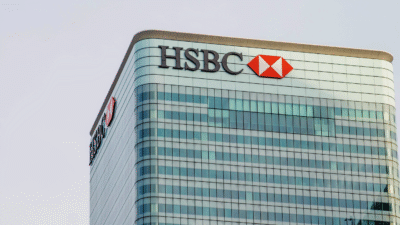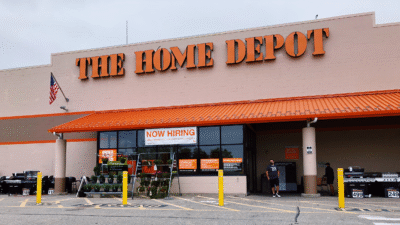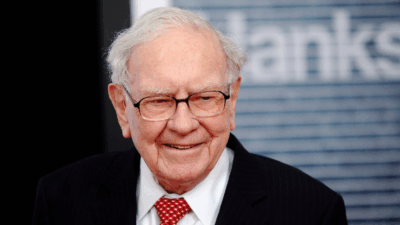Sixth Street Gives Affirm a Big Boost
Private credit and buy-now-pay-later firms are teaming up to cut banks out of the consumer finance supply chain.

Sign up for smart news, insights, and analysis on the biggest financial stories of the day.
Now another industry is vying to be your banker.
On Friday, Sixth Street invested $4 billion into a vehicle that will take on consumer loans from BNPL player Affirm, which could ultimately allow the latter to grant up to $20 billion in BNPL loans in the coming years. Translation: Private credit and BNPL firms are teaming up to capture a bigger share of the consumer finance supply chain.
Forward-Flow Thinking
Call it a match made in fintech heaven. BNPL players need funding, and private credit firms are getting creative to find places to invest capital. The meeting point is what the fintech industry has come to dub “forward-flow agreements.”
Essentially, Sixth Street has agreed to buy up to $4 billion of Affirm’s BNPL loans over the next three years, with the ability to top up investments as consumers pay down their debt, typically over the course of four installments paid across four to six months. By offloading the debt it has underwritten from its balance sheet, Affirm opens up lending capacity. In this instance, it says the agreement could allow it to grant up to $20 billion in BNPL loans over the next three years. Sixth Street gets access to supposedly more-stable debt than credit cards (BNPL debt has a delinquency rate of around 2%, compared with 9% for credit cards) while Affirm gets an alternative to the public asset-backed bond market. It’s why so-called forward-flow agreements are becoming a favorite of the BNPL craft, And they might just be crucial to helping Affirm reach its lofty goals:
- Affirm has set a target of more than $34 billion in gross merchandise volume, or the total volume of purchases made through its service, for fiscal year 2025. In its most recent quarter, it reported just $7.6 billion.
- In a Q&A regarding the deal published in The Wall Street Journal on Friday, Affirm COO Michael Lindfor said the company “would need somewhere between $25 billion and $30 billion in [lending capacity]” to hit that goal, and said private credit represents a crucial partner in that journey. At the end of September, Affirm said it had a lending capacity of $16.8 billion, up 130% over three years.
Liftoff: BNPL services tend to be particularly attractive to lower-income consumers who may be unable to access traditional credit markets. According to one market research report from ResearchAndMarkets.com, the total industry’s annual US GMV could increase from around $109 billion this year to $171 billion by 2029.











